Hyderabad, TELANGANA :
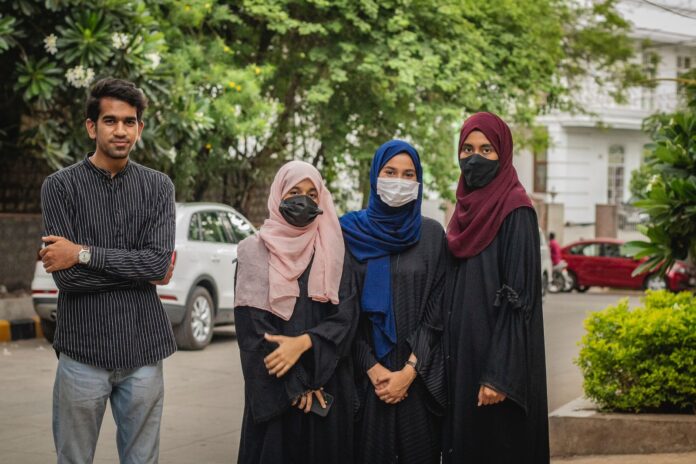
Founders of Dovely
Hyderabad:
“It was while commuting to college that I began exploring ideas for safe travel for women after personally facing security issues. I researched extensively to find a way for women to commute without harassment and inconveniences,” said Zainab Khatoon, one of the founders of Dovely — India’s only bike taxi service for women, driven by women.
Zainab, along with her friend Masarrat and her siblings Obaidullah Khan and Uzma Khatoon, deliberated extensively and came up with the idea of running taxi bikes for women, where both the passengers and the service providers are women. Together they founded an app (Dovely) to cater to women and girls who want to travel safely in the city.
“‘DOVE’ is a bird, which represents peace and harmony, and ‘LY’ stands for ladies,” shared another founder, Uzma.
They launched the app on June 15, 2022, initially with very few users. However, they now have around 80-100 riders registered, with 20-25 working as full-fledged riders.
Zainab, who heads the company, personally interviews every candidate to ensure they have a valid license and can navigate Hyderabad’s busy streets. Their riding skills are also tested by a team of experts.
“All of the women who are registered with us share the same concern for women’s safety. Besides, they see this as an opportunity to earn income,” explained Zainab.
Most registered bikers are young women aged 18-50. Some are single mothers, seeking to support their families, while others are students — earning pocket money. Their passengers include working women, students and middle-aged women visiting relatives or doctors.
The initial stages were challenging, as many Hyderabad residents were unaccustomed to seeing women bikers, especially those wearing burqa (veil). Some questioned the young bikers why they needed to earn money by becoming drivers when there were other job opportunities. They perhaps overlooked the fact that many girls are passionate about riding.
“Once a woman passenger books a ride with Dovely, she often becomes a regular customer and subscribes to the app,” claimed Zainab.
“Many aunties give us lots of duas (blessings) after we drop them safely at their destination,” she said.

Uzma Khatoon, Zainab’s sister and co-founder of the firm, shared, “I am humbled to be part of many women’s stories and want to help them fulfill their passion through Dovely.”
One young woman, Tasneem (name changed), shared that she tried working with other delivery platforms but quit on the first day because she had to deal mainly with men. She said she feels safe and comfortable working with Dovely.
The founders claimed they get compliments for contributing to a safe commuting experience for ladies. “This feedback from our passengers and partners keeps us going. The feeling that we are empowering women in our own way and ensuring that at least 100 women travel safely every day makes us happy,” said Zainab.
A member of the Dovely team monitors rides, tracking the live location from pick-up to drop-off. However, some women are also unhappy due to the limited number of drivers and busy schedules. The Dovely team hopes to resolve this issue as they recruit more women drivers.
Currently, it provides services through WhatsApp and plans to launch the app on the Play Store after achieving the target of over 200 rides. The app is still being developed, and the four founders are funding their venture — taking baby steps for now.
Dovely operates at ‘zero’ commission, unlike other service providers — who charge drivers. The team feels they have a long way to go.
Currently, services run until 8:30 pm, but they may extend the time if more safety measures are in place for women commuting at night. In the future, they plan to expand to auto-rickshaws and cabs, all managed by women. They also aim to handle transport and logistics led by women.
The Dovely team is driven by the passion to empower women.
source: http://www.twocircles.net / TwoCircles.net / Home> Indian Muslim / by Nikhat Fatima, TwoCircles.net / June 03rd, 2024
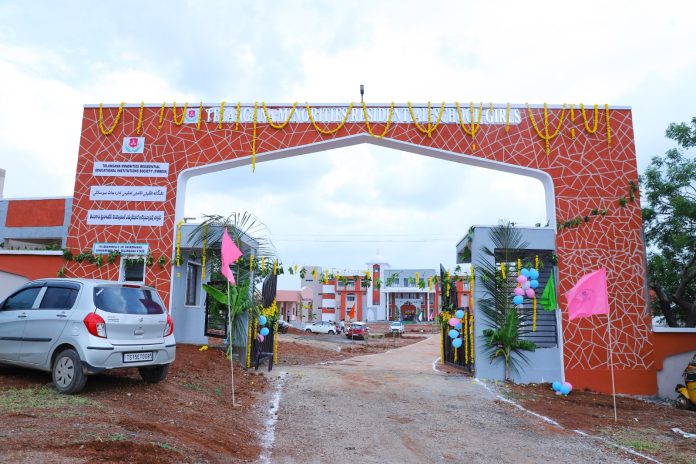

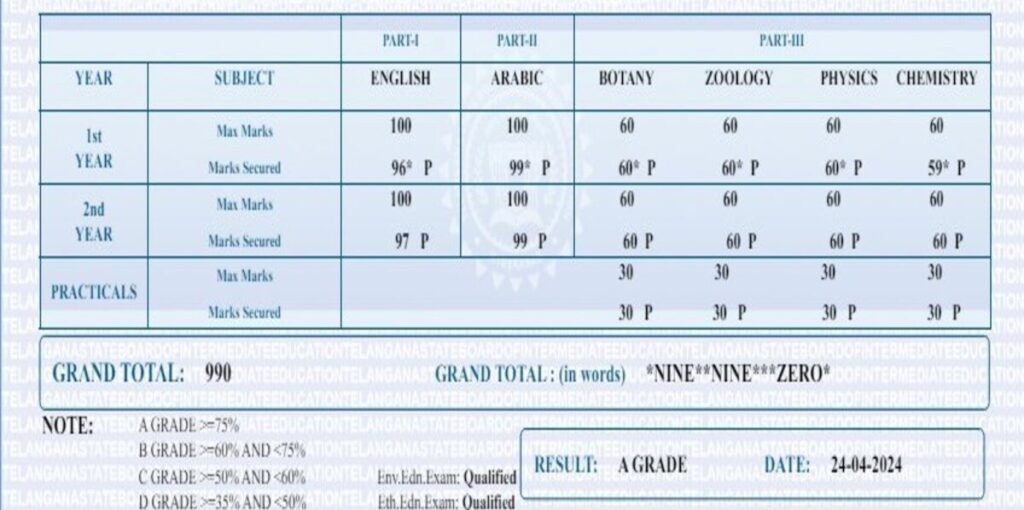
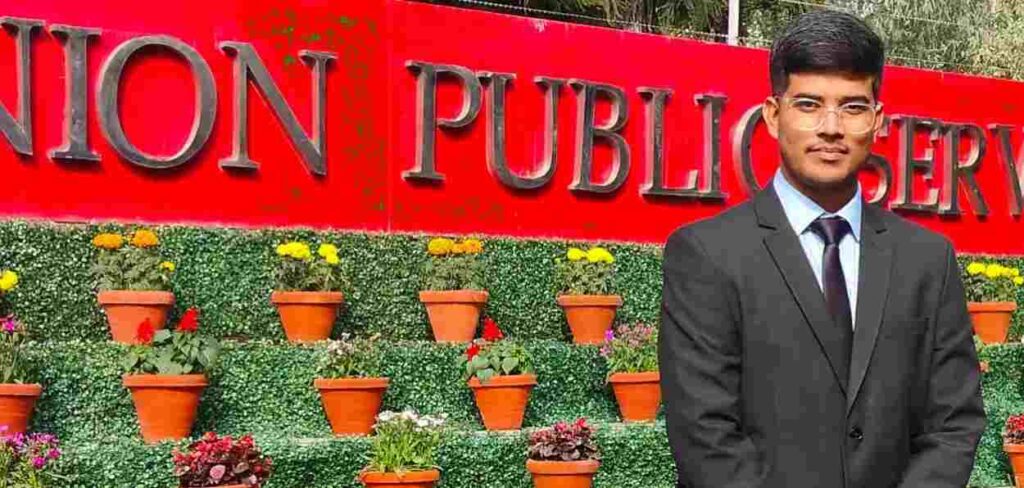
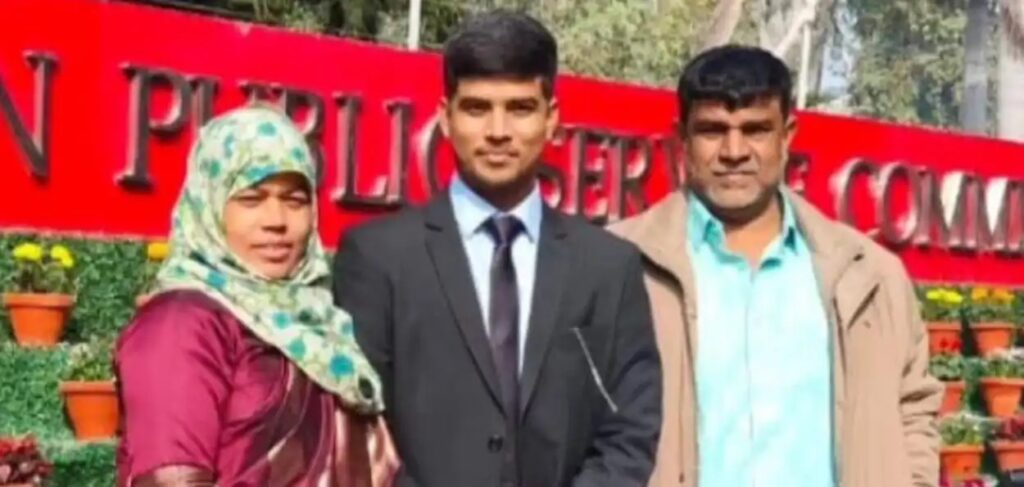
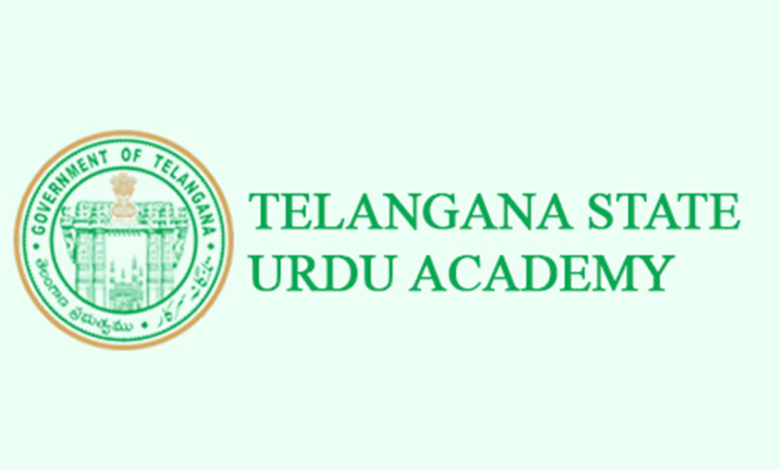

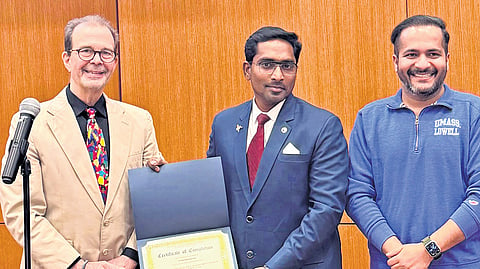

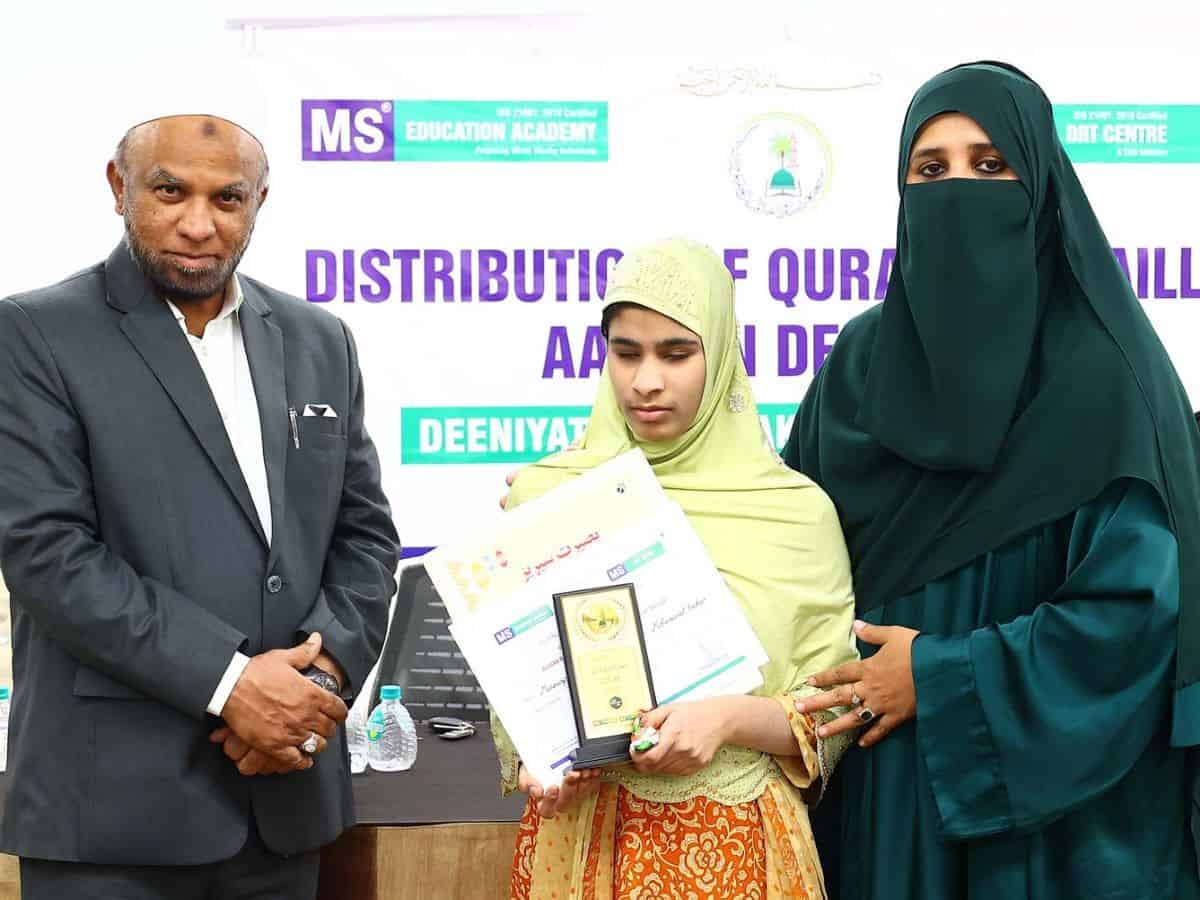
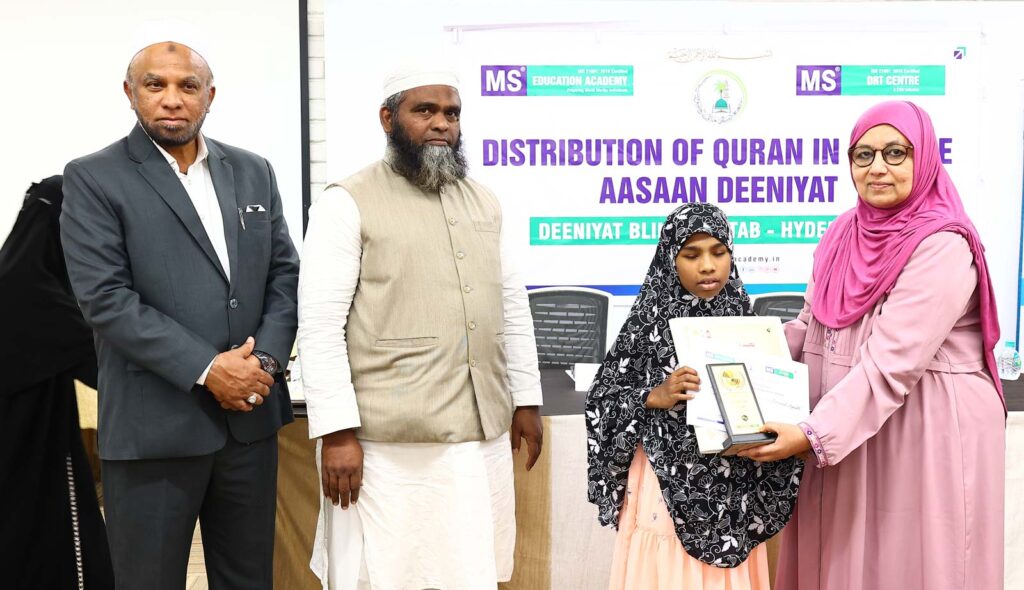
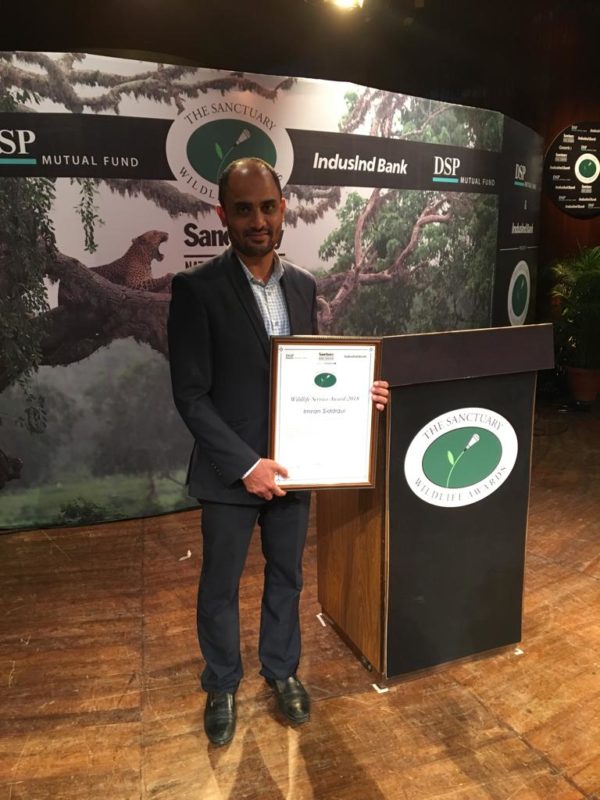
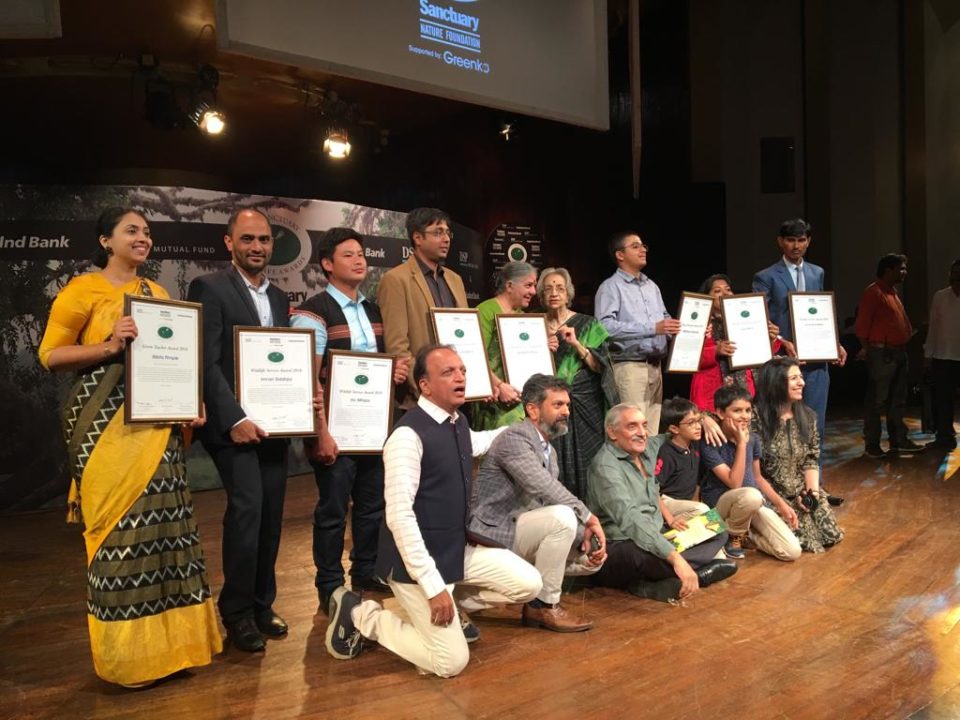
/shethepeople/media/post_banners/ZPgiNgUOcTPzyNDD9MxE.png)








